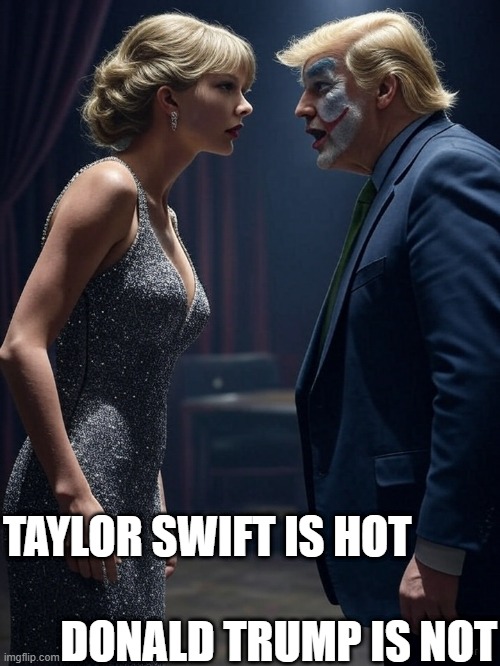鬼百合
Let It Burn!
FACT FOCUS: Trump claims the US is the only country with birthright citizenship. It's not
Not long before the Supreme Court heard arguments on whether to allow President Donald Trump’s restrictions on birthright citizenship to take effect, he falsely claimed on Truth Social that the United States is the only country that offers such a right.
As the Supreme Court prepared to hear arguments Thursday on whether to allow President Donald Trump’s restrictions on birthright citizenship to take effect, he falsely claimed on Truth Social that the United States is the only country that offers such a right.
Trump signed an executive order on Jan. 20, the first day of his second term, that would deny citizenship to children who are born to people who are living in the U.S. illegally or temporarily. It has been put on nationwide holds by lower court orders.
The administration is now appealing, on an emergency basis, the authority of individual judges to issue these rulings, known as nationwide, or universal, injunctions. The constitutionality of the executive order itself is not yet before the court.
Here’s a closer look at the facts.
TRUMP, discussing birthright citizenship in a Truth Social post: “The United States of America is the only Country in the World that does this, for what reason, nobody knows.”
THE FACTS: This is not true. About 30 countries, including the U.S., offer unconditional birthright citizenship, according to the CIA World Factbook and the Library of Congress. Birthright citizenship was enshrined in the Constitution after the Civil War to ensure that formerly enslaved people would be citizens.
“The statement is pretty obviously wrong,” said Ilya Somin, a professor of law at George Mason University who is an expert on constitutional law and migration rights. “Many countries have birthright citizenship, though in some of them the rules are different from those in the US.”
Birthright citizenship is a principle known as jus soli or “right of the soil.” It bases citizenship on a person being born within a country’s territory. In contrast, the principle of jus sanguinis or “right of blood” determines citizenship based on the citizenship of one’s parents or other ancestors.
Citizenship is granted to anyone born in the U.S., regardless of the parents’ immigration status. Only children of diplomats, who have allegiance to another government, and of enemies present in the U.S. during hostile occupation do not qualify. Those born to parents of sovereign Native American tribes were also excluded until the Indian Citizenship Act of 1924.
Most countries with unconditional birthright citizenship, among them Canada and Mexico, are concentrated in the Americas. The rest are in Africa and Asia. Some countries offer citizenship to those born in their territory to noncitizen parents only under certain conditions, such as the legal status of their parents or the age of the person applying for citizenship based on place of birth.
The first sentence of the Constitution’s 14th Amendment, often referred to as the Citizenship Clause, guarantees birthright citizenship. It states: “All persons born or naturalized in the United States, and subject to the jurisdiction thereof, are citizens of the United States and of the State wherein they reside.”
This clause effectively overturned the notorious Dred Scott decision of 1857, in which the Supreme Court held that Black people, no matter whether or not they were enslaved, were not citizens. It was ratified, along with the rest of the 14th Amendment, in 1868 after it was passed by the Senate in 1866. The Civil War ended in 1865.
Trump’s executive order on birthright citizenship conflicts with a Supreme Court decision from 1898 that held that the Citizenship Clause made citizens of all children born on U.S. soil with narrow exceptions that are not at issue in the case currently before the court.
The justices are also considering appeals from the Trump administration on several other issues, many related to immigration.


